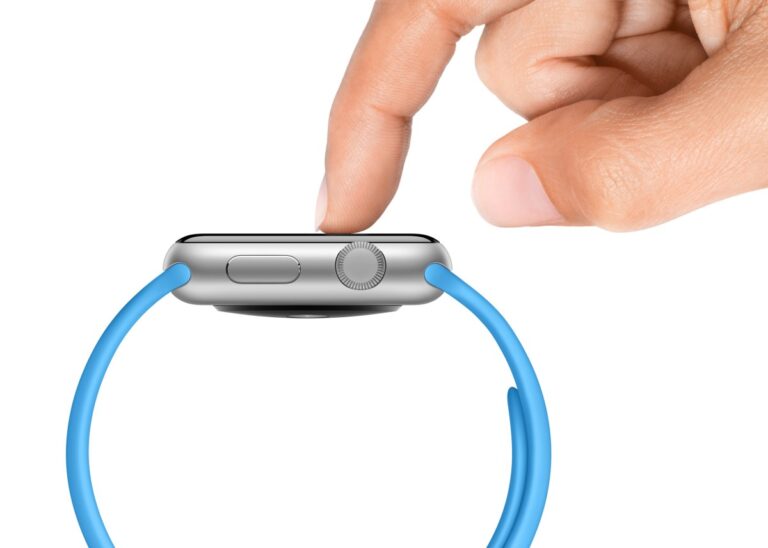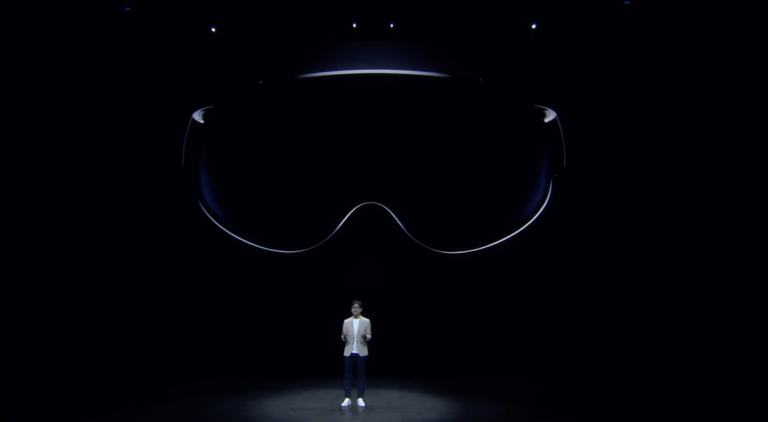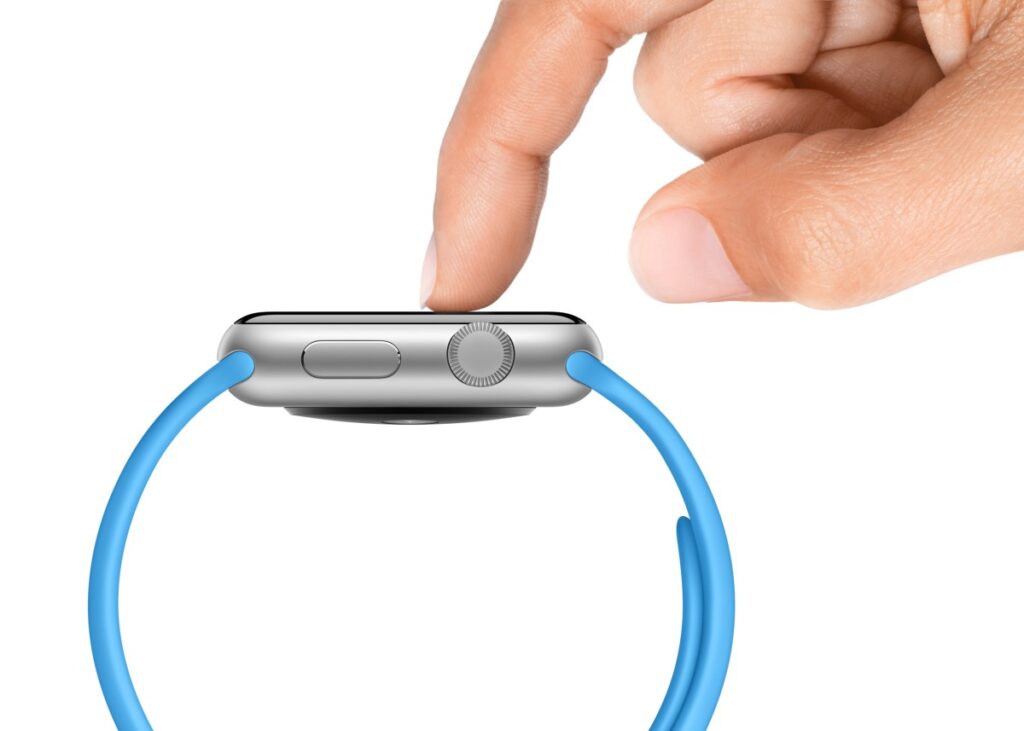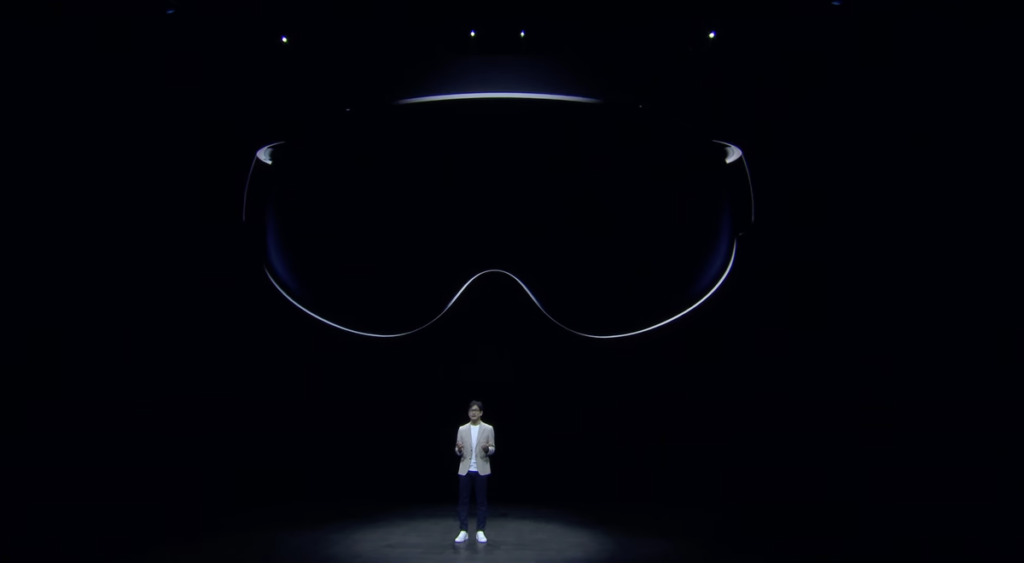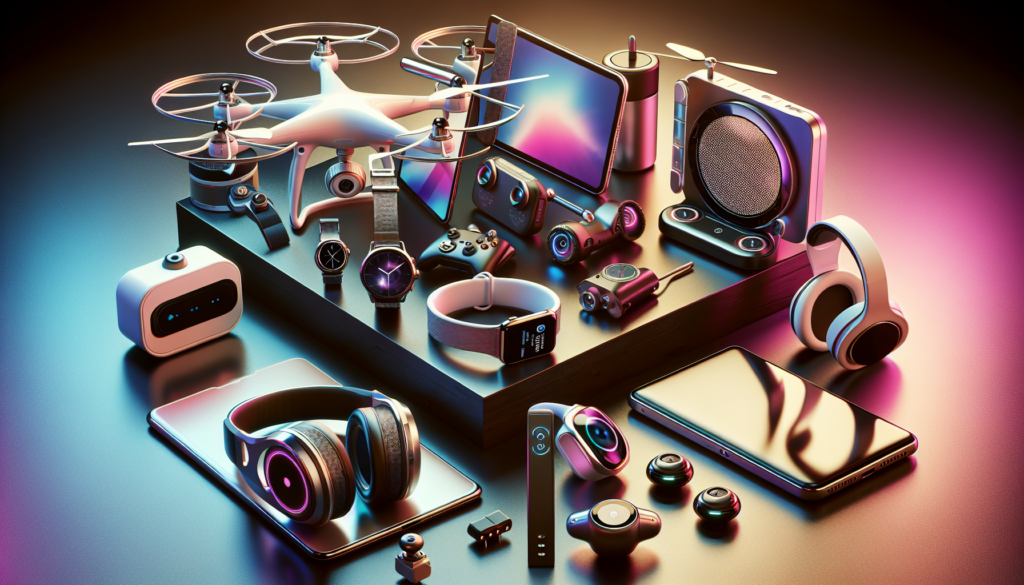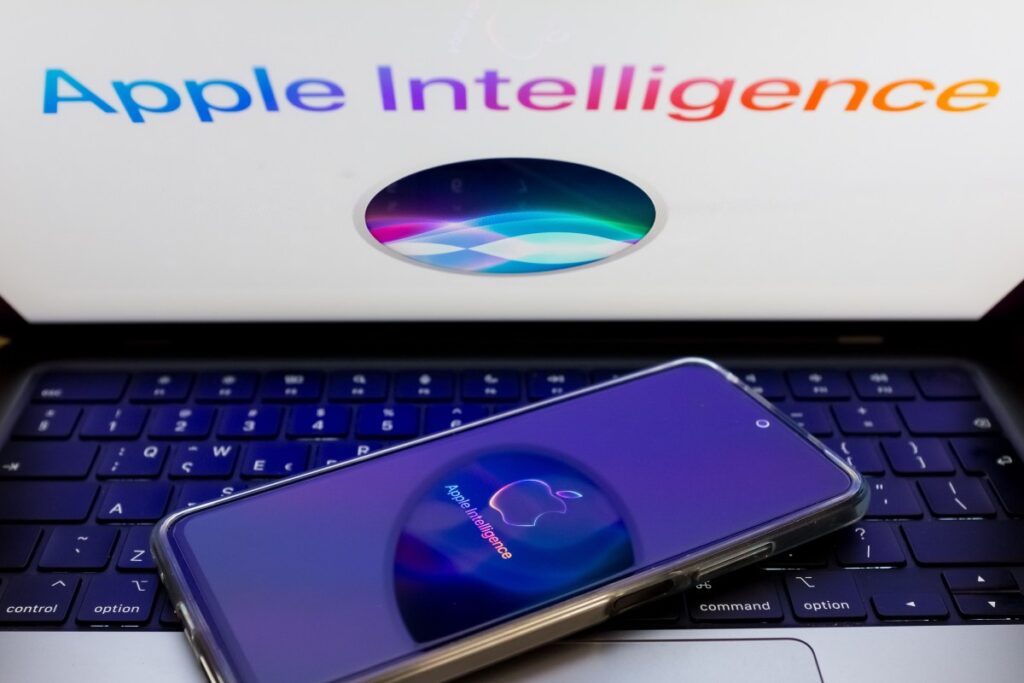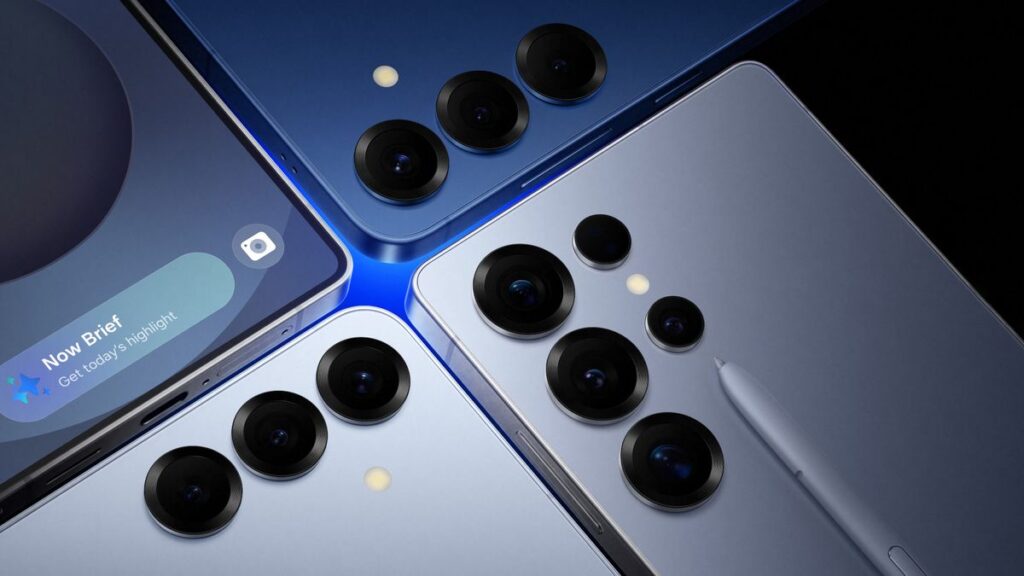The Rise of AI Integration in Smart Homes
Artificial Intelligence (AI) is set to revolutionize the landscape of smart home devices, making them more intuitive and responsive than ever before. With advancements in machine learning and natural language processing, smart devices will increasingly be able to understand user preferences and routines. Imagine your thermostat adjusting itself based on your daily schedule or your lights dimming automatically when you settle down to watch a movie. AI integration will not only enhance convenience but also improve energy efficiency, allowing homeowners to save on energy bills while enjoying optimal comfort.
Moreover, AI-driven smart home devices will foster greater interconnectivity among various systems. For instance, a smart fridge could communicate with your smart oven to suggest recipes based on the ingredients available at home. This seamless interaction between devices will create a cohesive ecosystem that caters to the individual needs of every household member, enhancing overall quality of life.
Enhanced Security Features
As smart home technology continues to evolve, security will remain a top priority for consumers. Innovative security features are emerging to address concerns about safety and privacy. Advanced surveillance systems equipped with facial recognition and motion detection capabilities are becoming more prevalent. These systems can alert homeowners about unusual activities and even differentiate between familiar faces and strangers.
Moreover, integration with emergency services is expected to become more common. For example, smart doorbells equipped with cameras can automatically notify local authorities in case of suspicious activity. Additionally, smart locks will embrace biometric technology, allowing homeowners to unlock their doors through fingerprints or facial recognition, making unauthorized access nearly impossible. As security technology advances, homeowners can enjoy peace of mind knowing their homes are protected by sophisticated systems.
Voice Control and Smart Assistants
Voice control has become a defining feature of smart home devices, and its significance is only expected to grow. Smart assistants like Amazon Alexa, Google Assistant, and Apple’s Siri have already made their mark, allowing users to control various devices hands-free. The future will see these assistants becoming more context-aware, understanding user intent and managing complex tasks with ease. For example, rather than issuing separate commands for different devices, users may simply say, “Get the house ready for movie night,” prompting the smart assistant to dim the lights, adjust the thermostat, and turn on the TV.
Furthermore, voice recognition technology will continue to improve, enabling devices to distinguish between different users and personalize responses accordingly. This advancement will enhance user experience, making interactions with smart home systems feel more natural and fluid.
Interconnectivity and the IoT Ecosystem
The Internet of Things (IoT) is the backbone of smart home technology, and as more devices become interconnected, the potential for creating a truly smart home environment will expand dramatically. Future smart homes will feature an array of devices that communicate with one another seamlessly, creating a comprehensive network that enhances efficiency and convenience.
For instance, smart sensors placed throughout the home can monitor various conditions such as temperature, humidity, and air quality. When combined with a smart thermostat and air purifier, these sensors can work together to maintain optimal indoor conditions automatically. This level of integration not only enhances comfort but also contributes to energy savings.
Moreover, the rise of open-source platforms will play a crucial role in fostering interoperability among devices from different manufacturers. Homeowners will have greater flexibility in choosing devices that suit their needs, regardless of brand, leading to a more personalized smart home experience.
Sustainable and Energy-Efficient Solutions
As environmental concerns take center stage, the demand for sustainable and energy-efficient smart home devices is on the rise. Manufacturers are increasingly focusing on creating products that not only enhance convenience but also contribute to reducing carbon footprints. Smart thermostats, for instance, can learn user habits and optimize heating and cooling schedules, significantly lowering energy consumption.
In addition, smart lighting systems equipped with motion sensors can automatically turn off lights in unoccupied rooms, further contributing to energy savings. Solar-powered smart devices are also gaining popularity, allowing homeowners to harness renewable energy for their smart home ecosystems. As sustainability becomes a key consideration for consumers, the market for eco-friendly smart home solutions will continue to expand, benefiting both homeowners and the planet.
Health Monitoring and Wellness Technologies
The future of smart homes isn’t just about convenience and security; it’s also about enhancing health and well-being. Health monitoring devices are becoming increasingly integrated into the smart home ecosystem, allowing users to keep track of various health metrics from the comfort of their homes. Wearable devices can sync with smart home systems to monitor heart rate, sleep patterns, and even stress levels, providing valuable insights into overall well-being.
Smart home systems may also incorporate wellness technologies such as air quality monitors and smart lighting that adjusts according to the time of day, promoting better sleep hygiene. For instance, smart lights can mimic natural sunlight during the day and emit warmer tones in the evening to help regulate circadian rhythms. As health-conscious consumers seek ways to improve their quality of life, the integration of health-focused technologies into smart homes will become a significant trend.
Smart Appliances Revolution
Smart appliances are no longer a novelty; they are becoming a staple in modern households. From refrigerators that can create shopping lists to washing machines that can be controlled remotely, the future of appliances is all about convenience and efficiency. These devices will incorporate advanced features such as energy monitoring, predictive maintenance, and automated cleaning cycles.
Imagine a washing machine that can analyze the fabric type and load size to determine the most efficient wash cycle, or an oven that can be preheated remotely while you’re on your way home from work. As smart appliances continue to evolve, homeowners will benefit from improved functionality, reduced energy consumption, and increased convenience in their daily lives.
Data Privacy and Security Measures
As smart homes become increasingly interconnected, concerns regarding data privacy and security are paramount. Homeowners are becoming more aware of the potential risks associated with smart devices, leading to a demand for enhanced security measures. Manufacturers will need to prioritize data protection, implementing robust encryption protocols and regular software updates to guard against potential breaches.
Moreover, user-friendly privacy settings will become essential, allowing homeowners to control what data is collected and how it’s used. Transparency in data handling practices will be crucial for building trust between consumers and manufacturers. As the smart home market continues to grow, prioritizing data privacy will be essential for ensuring user confidence and satisfaction.
Customization and Personalization of Smart Homes
In the future, smart homes will embrace a high degree of customization and personalization, allowing users to tailor their environments to suit their unique preferences and lifestyles. Advanced algorithms will analyze user behavior and preferences to create personalized settings that adjust automatically. This could include everything from lighting and temperature preferences to music selections and cooking recipes.
Smart home systems will also allow for granular control over individual devices, enabling users to create specific scenes or routines. For example, with a single command, homeowners could activate a “good morning” routine that opens the blinds, starts the coffee maker, and plays their favorite morning playlist. The ability to create a fully personalized smart home experience will enhance user satisfaction and make everyday life more enjoyable.
The Role of 5G Technology
The rollout of 5G technology is poised to have a profound impact on the smart home landscape. With its high-speed connectivity and low latency, 5G will enable smart devices to communicate with one another more efficiently, resulting in quicker responses and more reliable connections. This advancement will facilitate the growth of more complex and data-intensive applications, such as real-time video monitoring and remote control of multiple devices.
Moreover, 5G will support the deployment of more advanced IoT devices, paving the way for innovations that require significant data processing power. For instance, smart cameras with advanced analytics capabilities can process video feeds locally, reducing the need for cloud storage and enhancing privacy. As 5G technology becomes commonplace, homeowners will experience a new level of convenience and functionality in their smart home systems.
The Importance of User Education
As smart home technology continues to evolve, user education will become increasingly important. Many consumers may find themselves overwhelmed by the plethora of devices and features available, leading to confusion and frustration. Manufacturers and retailers will need to invest in educational resources that help consumers understand how to maximize the benefits of their smart home systems.
Workshops, online tutorials, and comprehensive user manuals can empower homeowners to make informed decisions about which devices to invest in and how to integrate them into their daily lives. Increased awareness about the capabilities and benefits of smart home technology will not only enhance user satisfaction but also drive adoption rates within the market.
In summary, the future of smart home devices is bright, characterized by advancements in AI, enhanced security features, and a focus on sustainability and health. As technology continues to evolve, consumers can look forward to more interconnected, efficient, and personalized living environments that cater to their unique needs and preferences.

